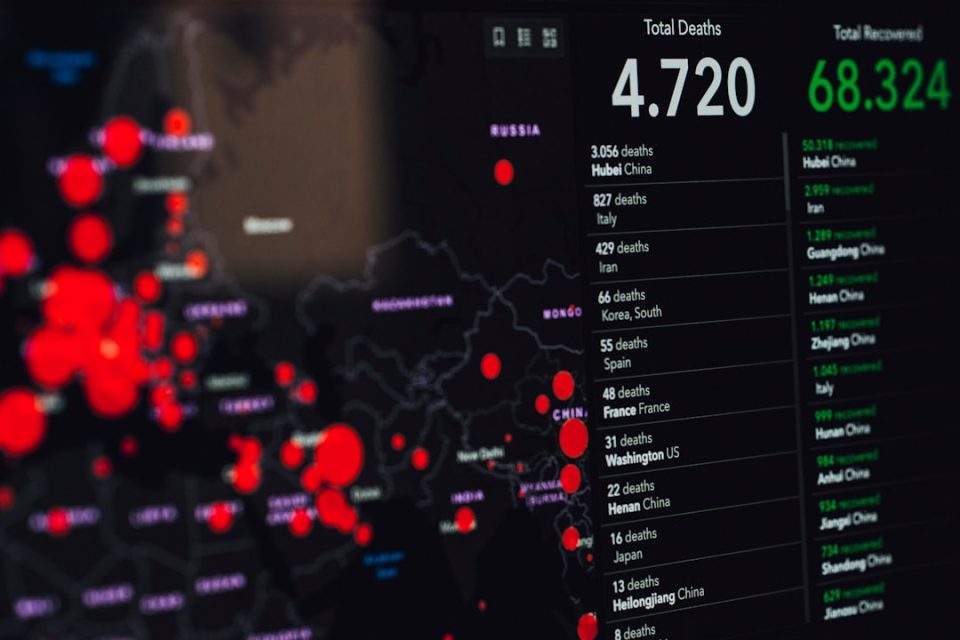In an age where data-driven strategy drives marketing success, businesses are increasingly relying on marketing intelligence tools to stay ahead of the curve. These platforms not only help organizations gather critical data but also enable them to make informed decisions, understand market trends, and respond to competitive pressures efficiently. As we head into 2025, several marketing intelligence tools have emerged as industry leaders thanks to their innovative features, integrations, and scalability.
Here is a curated list of the 10 best marketing intelligence tools and platforms in 2025 that can empower your marketing strategy and improve ROI.
1. SEMrush
SEMrush continues to be a top contender in the realm of SEO and digital marketing intelligence. It offers a comprehensive suite of tools for keyword research, website audits, competitor analysis, and content strategies. With over 50 tools in one platform, SEMrush remains indispensable for marketers aiming to dominate the SERPs.
2. Crayon
Crayon is a market and competitive intelligence platform that tracks over 100 types of market movements. It provides real-time updates on competitors’ digital footprints, including changes to websites, messaging, and product updates. Its easy-to-understand dashboards and AI-driven insights make it a top choice for enterprise marketers.
3. Similarweb
For those interested in traffic analytics and web performance, Similarweb offers unmatched insights. It delivers details about traffic sources, audience engagement, and industry benchmarks. Its marketing intelligence module allows users to understand digital market trends and build data-informed strategies based on global web usage data.
4. HubSpot Marketing Hub
More than a CRM, HubSpot’s Marketing Hub provides top-notch analytics, campaign management, and lead generation tools. The platform’s intelligence capabilities allow users to analyze campaign ROI, customer journey performance, and market segmentation effectively – all within an integrated environment.
5. Brandwatch
In 2025, social listening will be more critical than ever. Brandwatch uses AI to analyze millions of online conversations across social, news, blogs, and forums. It helps brands assess customer sentiment, monitor brand health, and derive actionable insights from real-time discourse.
6. Zoho Analytics
Zoho Analytics brings business intelligence and marketing analysis together with its powerful visualization tools and predictive analytics. It integrates seamlessly with other marketing platforms, offering data connectors for Google Ads, Facebook, Mailchimp, and more. With drag-and-drop analytics and customizable dashboards, it’s perfect for both technical and non-technical users.
7. Quantcast
Quantcast combines AI and real-time behavioral data to offer predictive audience insights. It supports campaign optimization, media planning, and customer segmentation, making it a go-to platform for performance marketers. Its unique real-time Pulse dashboard allows businesses to adjust strategies dynamically.
8. Tableau
Owned by Salesforce, Tableau is a powerhouse in data visualization. Although broader than just marketing, its ability to integrate with almost any data source makes it incredibly effective for marketing intelligence. Users can visualize campaign performance, track KPIs, and share insights with stakeholders effortlessly.
9. Kantar Marketplace
Kantar offers fast, agile research solutions backed by a robust database of consumer sentiment and advertising insights. It excels in delivering quick feedback on ad performance, target segments, and purchase intent. Marketers use Kantar to refine campaigns and validate strategies before launch.
10. Pathmatics, by Sensor Tower
Pathmatics provides detailed advertising intelligence across desktop, mobile, and social platforms. It allows brands to see competitors’ ad spend, creatives, and targeting methods. Marketers can replicate high-performing tactics or discover gaps to capitalize on.
Key Considerations When Choosing a Marketing Intelligence Tool
- Integration capabilities – Ensure the tool integrates easily with your existing CRM, advertising platforms, and analytics stack.
- Scalability – Choose a platform that can handle growing data as your business expands.
- User interface – A clean, intuitive UI encourages adoption across teams.
- AI and automation – Modern tools leverage AI to offer predictive insights and automate repetitive tasks.
Final Thoughts
The future of marketing belongs to companies that harness their data wisely. Whether you’re focused on campaign optimization, SEO, consumer behavior, or competitive research, there’s a marketing intelligence tool designed to meet your needs.
Leveraging one or more of these platforms in 2025 will significantly improve your ability to understand market dynamics, predict trends, and outperform competitors. Choose wisely, and your data will become your most powerful marketing asset.
